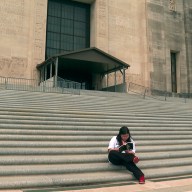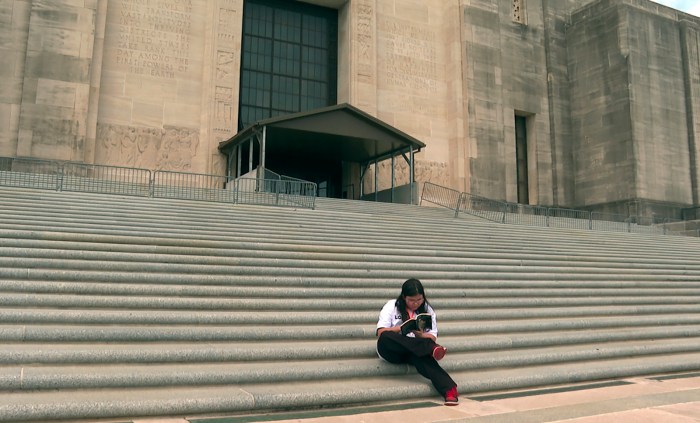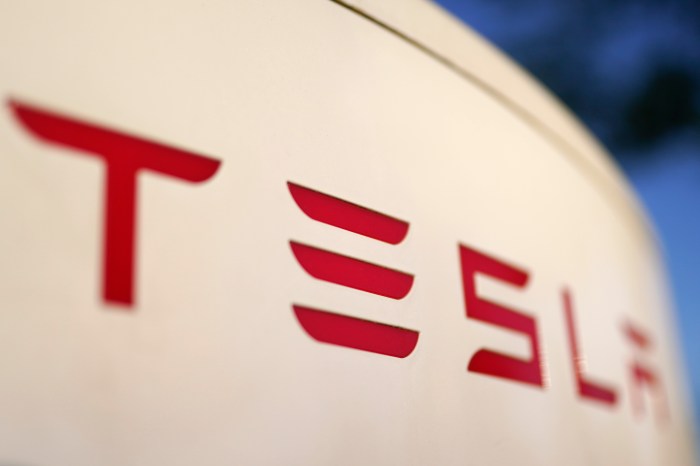Mayra Navarro’s bank closed her account after a series of overdrafts. She wasn’t eligible to open another bank account because she had been blacklisted by ChexSystems, an agency that tracks consumers’ banking histories. Like many unbanked Hispanics, she turned to prepaid debit cards, check cashing services and money orders, which all came with fees. “I felt like I had failed at life and lost all control,” says Navarro, an executive assistant in California.
She’s not alone. Recent data by the Federal Deposit Insurance Corporation reveals that approximately 16% of Hispanic households don’t have bank accounts. Using prepaid cards as an alternative could cost them up to $489 a year, according to a recent NerdWallet study. Fees from payday loans and money orders can further drive up the cost of being unbanked. » MORE: Money orders: What you should know
Alternatives come with high costs
Without bank accounts, Hispanics are left vulnerable to high-interest debt traps and miss out on credit-building opportunities. “They are discouraged very soon when they start to pay fees or struggle to maintain a minimum balance,” says Antonio Alba Meraz, an educator with the Latino Financial Literacy Program at the University of Minnesota. Monthly banking fees can run as high as $15 and the medianoverdraft fee costs $34. Hispanics might avoid bank accounts to skip fees, but alternative financial services can cost more. NerdWallet found that the average checkingaccount costs $150, but prepaid debit card users pay an average of $196 to $489 in fees annually, depending on whether they have direct deposit. Those who only use cash pay an average of $190.39 annually for check cashing and money orders. Depending on where one goes, money orders can cost a few dollars. Some check cashing services charge up to 10% of the check’s value. For a $300 check, that’s $30. Payday loans range from $10 to $30 for every $100 borrowed, and they get pricey when the loan isn’t paid back quickly. Jurissa Ayala, a marketing associate in California, estimates that she was paying $50 per month combined in fees to load her prepaid debit card and cash checks. “I stopped cashing my check years ago because even 1% was too much to give away,” Ayala says. “It’s my money, and I want all of it.”
» MORE: The cost of being unbanked
Why Hispanics are unbanked
Spanish-speaking households are five times less likely to use a bank or credit union than bilingual households, according to the FDIC’s 2013 National Survey of Unbanked and Underbanked Households. The reasons they don’t have bank accounts include: – High or unpredictable fees. Additional factors for Hispanics include low income, education, language barriers and legal status, according to a New York City Department of Consumer Affairs study. The study reports that Hispanic immigrants are fearful about what could happen to their money in a bank in the event of deportation. Since 2011, the rate of unbanked Hispanics has steadily declined. Between 2011 and 2013 the decline was due to an improved economy and higher levels of employment, income and education for Hispanics. Technology has also played a role: Mobile phones now have the potential to offer greater access to options and services for unbanked populations. Government agencies like the Consumer Financial Protection Bureau and the FDIC have also been working at the national and local levels to provide educational tools in English and Spanish for those with low to moderate incomes. Their resources, “Your Money, Your Goals” and “Money Smart,” have evolved over the years and Meraz now teaches them in his classroom. » MORE: How undocumented immigrants can get bank accounts
How to cut costs
Bank accounts aren’t always expensive. Some online-only banks, mobile banks andcredit unions offer accounts without monthly fees or steep minimum balance requirements. A second-chance checking account is also a good transition back to banking, but only for those willing to pay temporary monthly fees that cannot be waived. For those with poor credit histories, low-fee prepaid debit cards that don’t charge monthly fees and reload fees can be a good choice. Though Ayala doesn’t qualify for a bank account, she switched to two prepaid debit cards with lower fees. Her direct deposit on one card waives the monthly fee, and the loading fees are less expensive on her second card. She now only spends up to $15 in monthly fees. After persistentlyapplying, Navarro was able to geta bank account. “I was finally able to close the chapter on that horrible part of my life,” she says.
A previous version of this story misstated Spanish-speaking households’ likelihood of being unbanked. The article has been corrected.
Melissa Lambarena is a staff writer at NerdWallet, a personal finance website. Email: mlambarena@nerdwallet.com. Twitter:@LissaLambarena. The article Unbanked Hispanics Pay Steep Fees for Alternative Financial Services originally appeared on NerdWallet.
– Distrust or dislike of banks.
– Problems with IDs.
– Credit history issues.

















